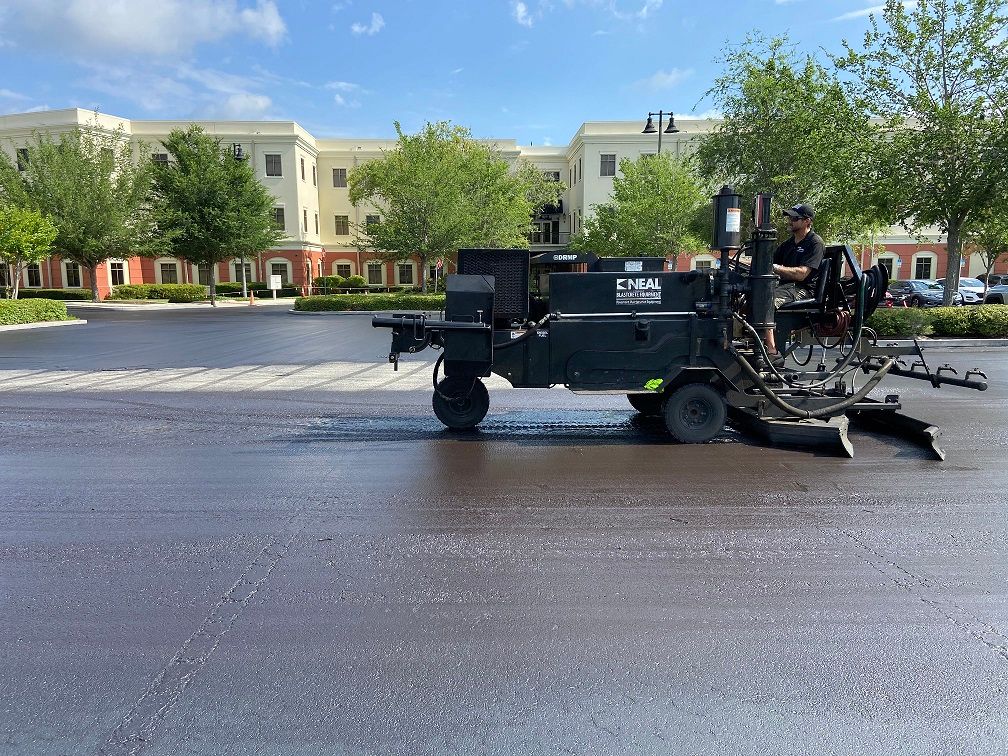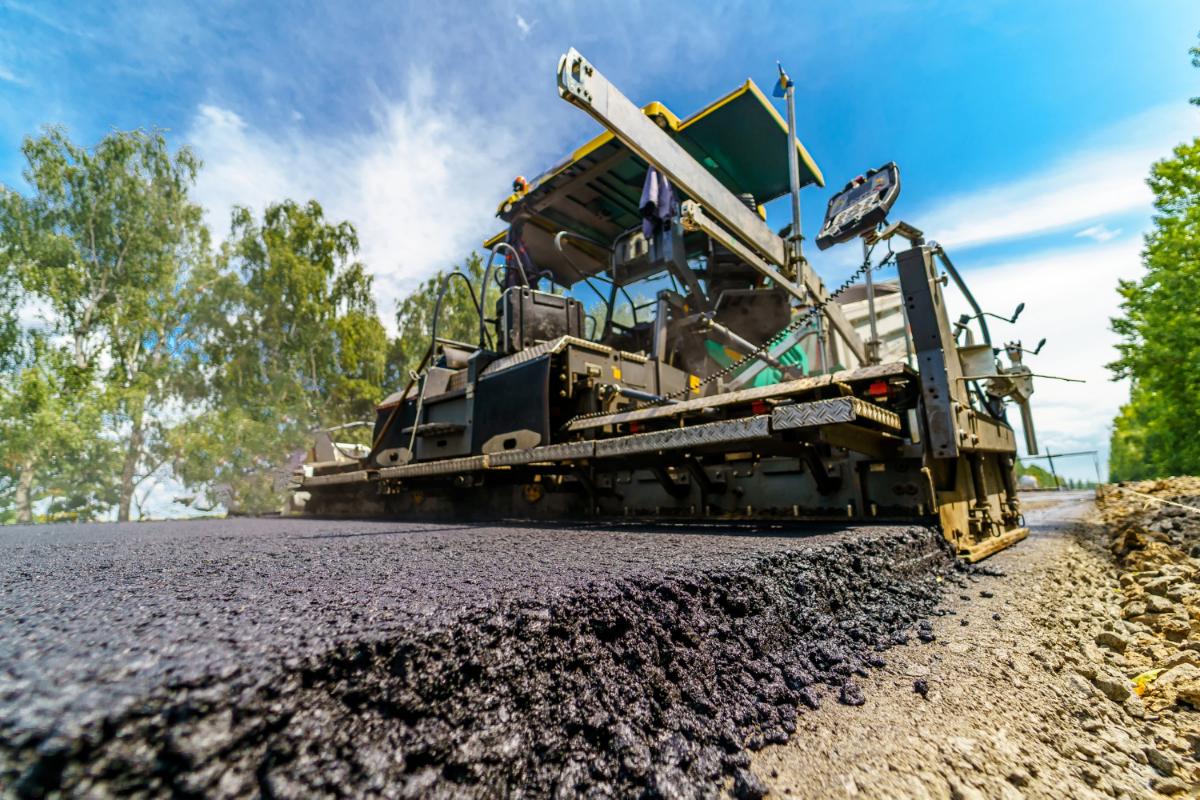

Asphalt is a durable and smooth material that is used to cover roads where thousands of vehicles with varying sizes ply. Asphalt is an all-round solution for roads, pavements, tarmacs and parking lots. Without asphalt, road transportation would not be convenient as it is today and there is no denying the fact that even drivers love asphalt. A well-maintained asphalt pavement can offer lots of benefits, and this is where sealcoating in Orlando comes in. But we will not be talking about the maintenance of asphalt in this article. What we will be looking at are the different types of asphalt that we have.
It is not in any way fun for both highway managers and road users if the asphalt on the road needs constant working on and patching. Updating roadways constantly is not only inconvenient, but it is also expensive. To check this, engineers came up with a type of asphalt that will require minimal maintenance and can withstand the stress that roads go through daily. Perpetual pavement involves layering of different asphalt mixtures which yields strong and durable roads that can survive the effects of the weather, weight of cars and the sun.
In areas where it rains and snows heavily, using asphalt that can withstand the rain is only logical. Puddles tend to collect easily on driveways and parking lots because there is low traffic of moving vehicles. To tackle the accumulation of puddles, road engineers use porous asphalt so that rainwater and any excess water collected can drain through the asphalt pores into the soil below. This has worked effectively in tackling the problem of broken asphalt concrete and potholes.
Apart from being a durable cover for roads, asphalt is also effective for reducing noise pollution, and if some techniques are applied, noise can be reduced even lower. Using an open-graded friction course or stone-matrix asphalt can help reduce noise pollution.
To install asphalt in an environmental-friendly way, using warm-mix asphalt is the best. Before laying asphalt concrete, standard procedure is to heat it so it can melt easily and be malleable. This process, however, requires a lot of fuel which leads to the emission of greenhouse gases and air pollution. For warm-mix asphalt, it needs lower temperature and thus does not use up too much fuel.
Parking lots and driveways take on a lot of vehicles on a daily basis, and the varying weights of these vehicles have their effects on the roadways. To prevent the occurrence of holes and cracks, using a special mix of asphalt and gravel makes the driveway strong enough to hold the weights of vehicles.
If your driveway has any issues, sealcoating in Orlando is the answer, but it is better if you use the appropriate type of asphalt to cover the driveway. Florida Sealcoating can help with making the right choice. You only need to put a call through or send an email today.
Get a free, no-obligation estimate for your asphalt project. Our team is ready to help protect and enhance your property.
(407) 942-3681